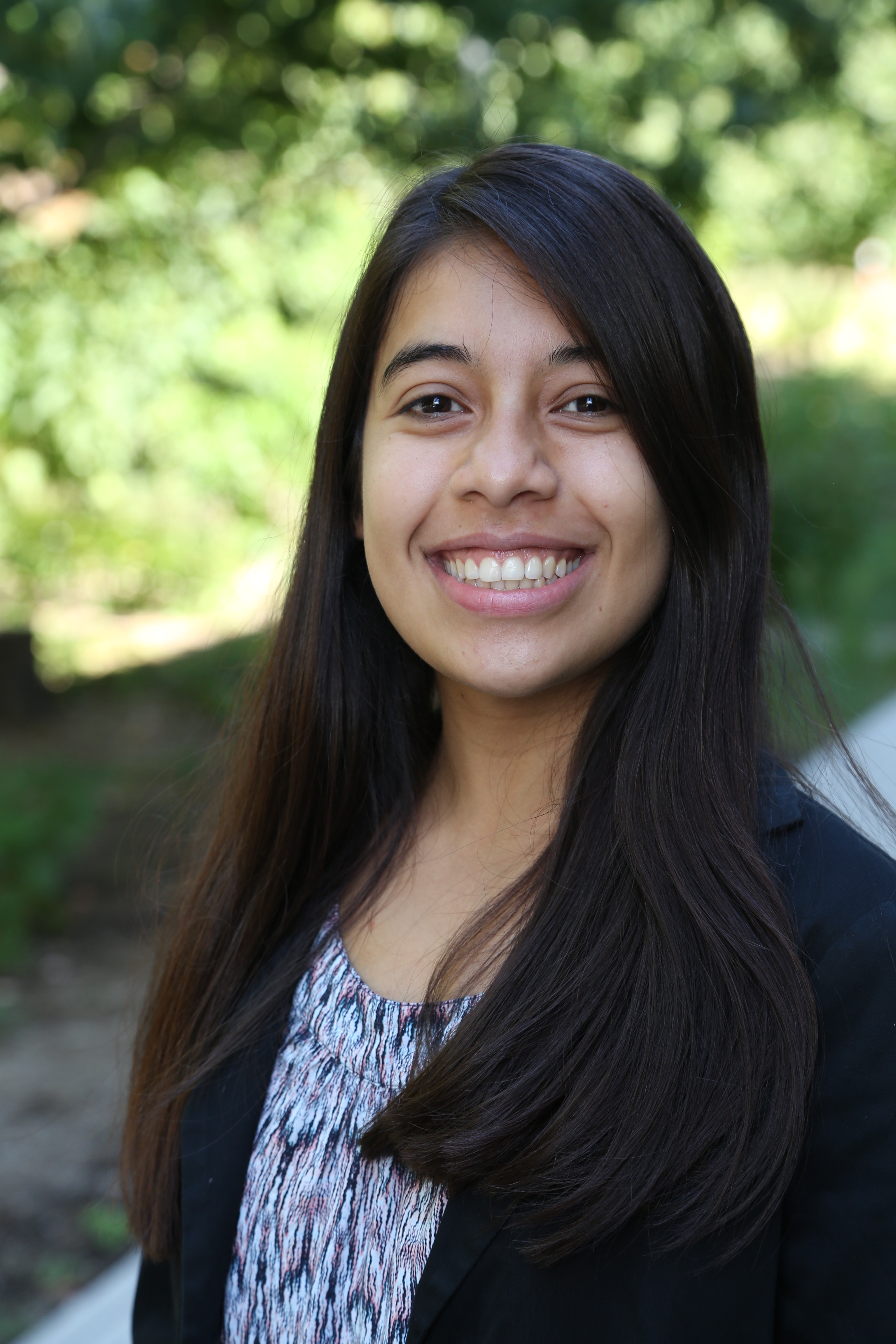Yesterday was Education Day at COP23. During the first of various events that focused on Education, Patricia Espinosa (the Executive Secretary of the UNFCCC) and her Royal Highness Princess Lalla Hasna of Morocco (representing the Mohammed VI Foundation for Environmental Protection) signed a partnership to work together to promote climate education and increase public access to information.
The event first started with a group of children from Bonn who came to perform a song and ask adults to secure their future by protecting the environment.
Following the children’s act and also representing the youth, Zuriel Oduwole, a 15 year-old education advocate and student from LA, talked about the importance of educating children and young adults about climate change. According to Oduwole, there is a need to update syllabi in schools and adapt their material to the new emerging geographies in our world. As an example, she mentioned the island of Tuvalu, where the highest point is 15 feet above sea level, and some schools have had to relocate or even shut down due to sea level rise.
Before signing the partnership Patricia Espinosa and her Royal Highness Princess Lalla Hasna also expressed their opinions on the role of education to tackle climate change.
According to Patricia Espinosa, one of the best ways of handling climate change is getting people to understand it. Unfortunately, however, people are not getting the education and awareness they need – only 40% of schools worldwide include climate change in their curriculum.
To her, climate change is the single greatest threat children will face, and we need to urgently prepare people of all ages to understand the opportunities that will come from moving to a future without carbon emissions.
During her speech, Her Royal Highness Princess Lalla Hasna provided an overview of the ample work the Mohammed VI Foundation for Environmental Protection has been doing to educate Moroccans about the environment. According to the Princess, “The role of education has never been more crucial: it is through education that we build the skills, attitudes and behaviors that are essential for the achievement of sustainable development.”
After officially signing the partnership, professional panelists were invited to stage to give their views on the role of environmental education. Amongst the speakers were: Mr Shyamal Majumdar, the Head of the UNESCO-UNEVOC International Centre for Technical and Vocational Education and Training, Francesco La Camera, from the Ministry of the Environment, Land and Sea in Italy, and Dessima Williams, a Special Adviser for Implementation of the Sustainable Development Goals.
There is not doubt that all panelists believed that education is an essential tool to raise awareness and combat climate change.
Mr. Shyamal Majumdar confirmed the work of the UNESCO on building education partnerships to accelerate the implementation of the Paris Agreement.
Mr. La Camera talked about his experience teaching his daughter’s classmates about climate change and the positive impact his lesson had on the kids’ behavior saving resources at home. For him, “working on education has an impact that we cannot imagine…. We can shape the attitudes, stories and behavior of the young generation.”
Ms Decima Williams talked about the interconnections between SDG 13 on climate action and SDG 4 that calls for quality education. There is a “hunger for knowing more and acting better regarding the climate,” she concluded.
Overall, this was an informative and hopeful talk. It’s motivating to see that there are strong efforts to further include environmental education into the education system worldwide.
By Maria Urrutia
 Maria is a Master’s of Environmental Management student at Yale University, focusing on the intersection between sustainable development and renewable energy. Maria is excited to be part of the IFSA Delegation and looks forwards to learning new things and reporting her experience while at COP23.
]]>
Maria is a Master’s of Environmental Management student at Yale University, focusing on the intersection between sustainable development and renewable energy. Maria is excited to be part of the IFSA Delegation and looks forwards to learning new things and reporting her experience while at COP23.
]]>